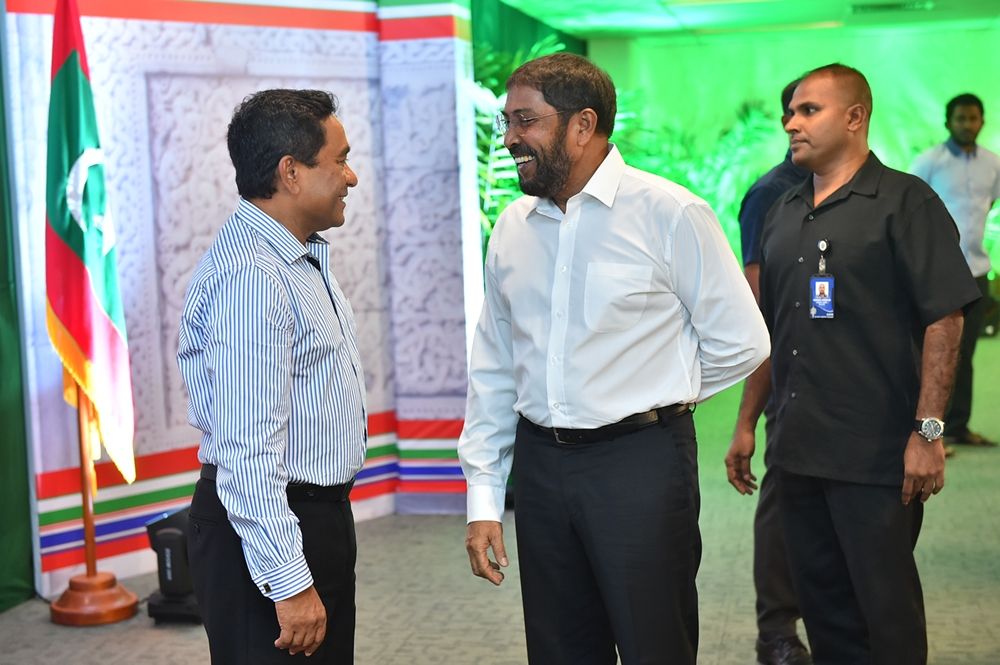MPs rebuffed Gasim’s plea to attend vote for Supreme Court nominees
Jumhooree Party MP Ali Hussain dismissed speculation that the exiled business tycoon has made a deal with the government.

28 Jun 2018, 09:00
The joint opposition parliamentary group rejected exiled Jumhooree Party leader Gasim Ibrahim’s appeal to attend Wednesday’s vote on the president’s nominees to the Supreme Court.
JP MP Ali Hussain told the Maldives Independent that Gasim urged the party’s lawmakers “to just attend the [parliament] sitting, he didn’t ask us to vote in a particular way.”
“Our members here decided it is best to consult with the joint parliamentary group and then go if they decided to go as well. And they decided not to participate, as we knew they wouldn’t,” he said.
An MP of the main opposition Maldivian Democratic Party, which makes up the group’s majority, said JP MPs abstained from the vote on deciding whether to attend.
Become a member
Get full access to our archive and personalise your experience.
Already a member?
Discussion
No comments yet. Be the first to share your thoughts!
No comments yet. Be the first to join the conversation!
Join the Conversation
Sign in to share your thoughts under an alias and take part in the discussion. Independent journalism thrives on open, respectful debate — your voice matters.




